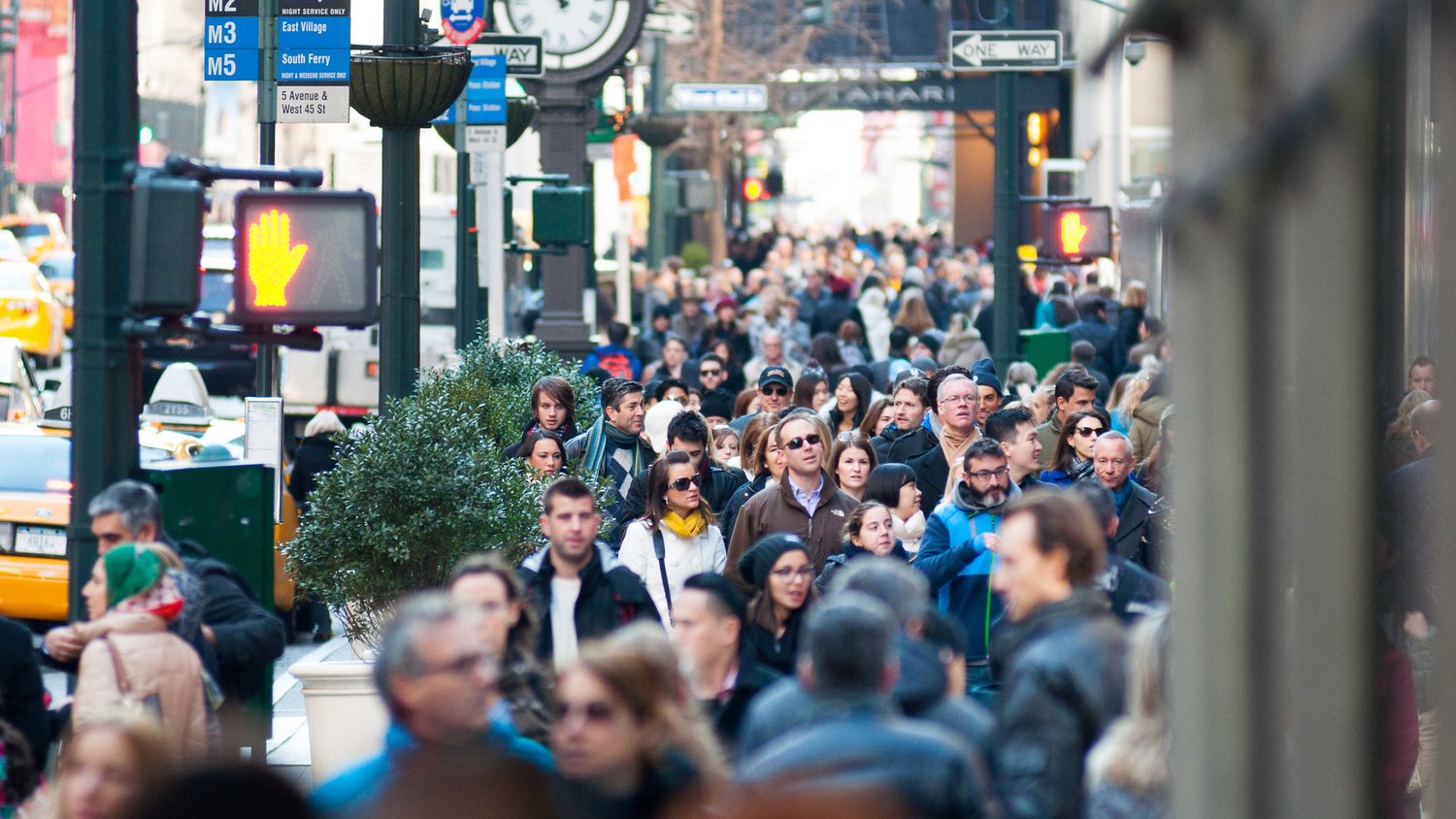“Don’t have money for a car? Well too bad you also don’t have money for housing in an area where you won’t need a car! Get fucked poors!”
No shit lol
It’s easy: Ohhhh, the buyer wants something -> price increase. But it’s actually cheaper -> price increase because we can’t increase prices.
We win, you loose. Get over it and hand me your money!
That’s a capitalism in a nutshell
When we were looking to buy a house, I basically crossed off the list anywhere that I couldn’t walk to at least some essentials, like basic groceries, pharmacy, a couple restaurants. Our new neighborhood isn’t nearly as walkable as where we used to rent, but everyone else heae seemed to have the same thoughts, and it’s too expensive to buy a house there.
BRB, gonna send this to all my NIMBY neighbors
only thing that decreases prices is when supply is greater than demand.
which hasn’t happened since 2008.
It’s the same here in Japan. If you’re OK living 20+ minutes from the nearest station, rent drops dramatically.
We definitely paid a premium to be close to the kids school and within walking distance of a grocery store, parks, shops and transit.
100% worth it even if only for the community feeling our neighborhood and neighbors have. I can’t say we’ll save enough by leaving the car parked to offset the premium, but it fit the budget and it’s far and away a better environment for my kids to be in. Green space is invaluable to our society.
And at the same time they’ll pay extra for large lots and seclusion… Things that make walkability difficult or impossible.
The survey does make a distinction between a house with a small yard that’s walkable vs a house with a large yard that isn’t, but that doesn’t paint a full picture of the trade-offs here.
A reasonable length survey will never “paint a full picture”. Maybe what they’re trying to show is that there are a lot more people who value walkability more than is currently assumed. In most of the US you can either chose a super high density walkable area in a condo tower or a house in a car based suburb. It’s possible to design neighborhoods that are walkable and can provide a reasonable amount of private outdoor space, and what this shows is people would be willing to pay for it!
I did the math, and where I live the money saved from getting rid of a second car can service around $100000 worth of mortgage.
Considerably more if the car is new, used very frequently, or both
What car? That number makes zero sense unless you’re talking about a high cost, high maintenance luxury car.
I’ve had a car for 7 years. It cost me about 25K with financing, and costs me about $1300/yr to own between, gas, maintenance and insurance and, taxes. It’s also current worth 15K.
I know it’s obvious. But I just went through a painful house shopping process. And I completely valued the ability to walk in the neighborhood easily. I had cheaper options without good foot access to a livable community. But I would rather just be in the community.
Removed by mod
I see what you mean but in this case the “benefit” is added not by building a fancy expensive facility or any amenities, but simply by BUILDING SHIT NEXT TO OTHER FUCKING SHIT which some people from civilized countries might mistakenly believe is the fucking standard in the US.
Our idiotic zoning laws are to blame, and those definitely have some deep roots in 20th century Jim crow bullshit.
Removed by mod
Are you somehow trying to connect walkable cities to racism?
Removed by mod
I hope you’re doing okay. That response seems a bit manic and times are tough.
I just wanted to chime in saying the rich racists I know payy extra to live up hill from the nearest store or bus stop. They don’t want the riff raff getting near their house and a nice steep hill does wonders.
They acted like I was crazy for wanting access to public transit and shopping two blocks away.
Actually the opposite, suburbs were born out of racism. Look it up.
No shit.
“Buyers will pay extra for bigger houses.”
Who wants to pay me for my astute analysis?
And yet people are out there claiming they oppose upzoning because of what it will do to their home values!






